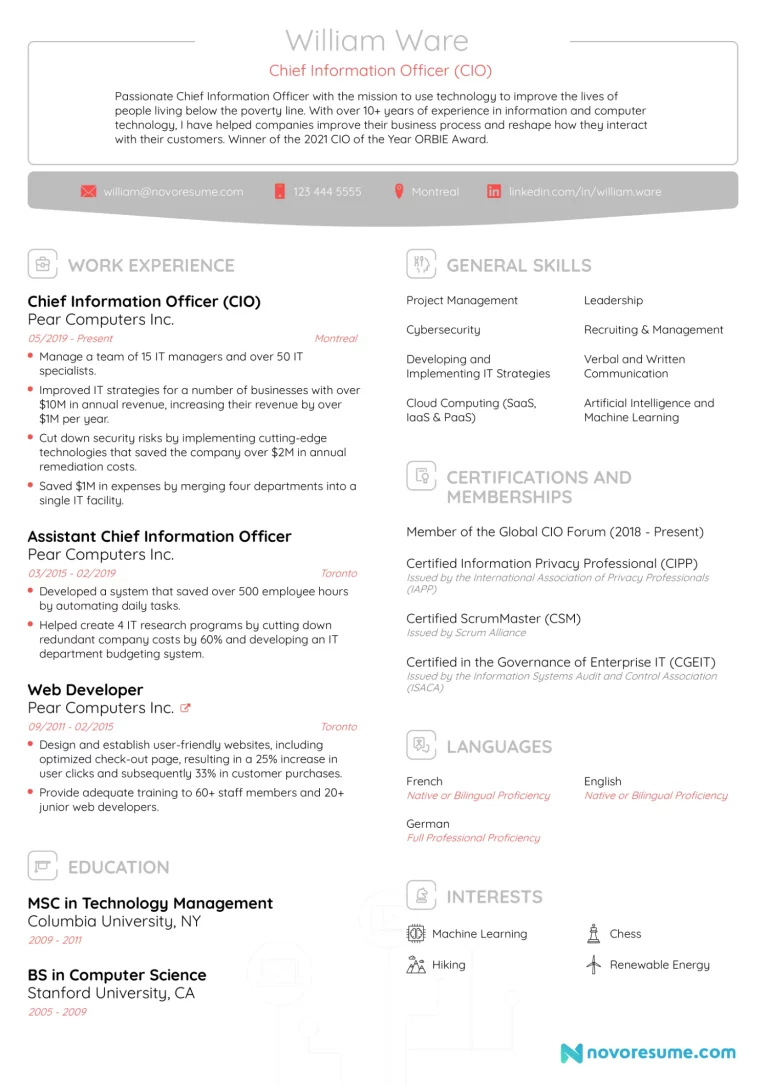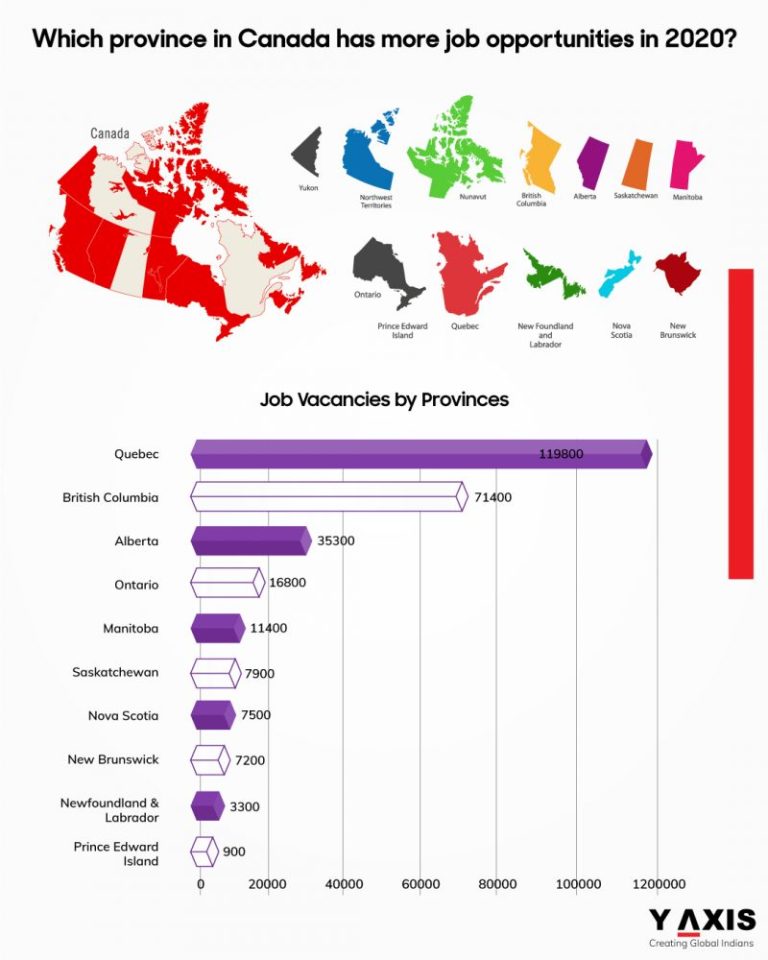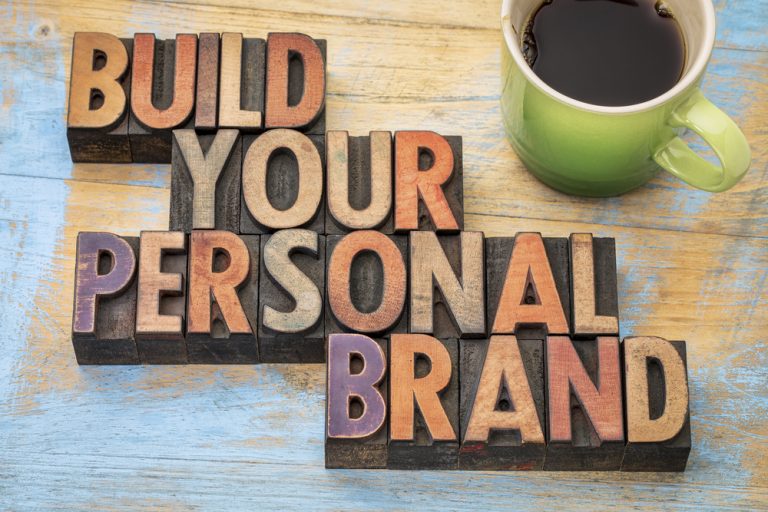How To Prepare For A Job Interview In Canada?
Are you gearing up for a job interview in Canada? Wondering how to best prepare yourself? Look no further! This article will provide you with valuable tips and insights on how to put your best foot forward in a job interview setting. From researching the company and understanding the Canadian job market to practicing common interview questions and mastering your body language, you’ll find everything you need to know to increase your chances of success in the Canadian job market. So, get ready to ace that interview and land your dream job in the Great White North!

Research the company
When preparing for a job interview, one of the most important steps is to research the company you are applying to. Learning about the company’s history and values will help you gain a better understanding of their mission and vision. It will also show the interviewer that you are genuinely interested in the company and that you have taken the time to do your homework.
Familiarizing yourself with the company’s products or services is another crucial aspect of the research process. Having a good understanding of what the company offers will allow you to speak confidently about how your skills and experience align with their needs. It will also help you tailor your answers during the interview more effectively.
Checking recent news and developments related to the company is also essential. This step will not only keep you updated on the latest happenings but also give you valuable insight into their current projects, achievements, and challenges. Being well-informed about the company’s recent news will allow you to contribute to the conversation during the interview and demonstrate your interest in staying up-to-date with industry trends.
Lastly, researching the company culture is crucial. Company culture plays a significant role in job satisfaction and overall fit within an organization. By understanding the company’s culture, you can determine if it aligns with your values and work style. This knowledge will also help you tailor your answers to showcase how you would be a good fit for their culture during the interview.
Understand the job requirements
To succeed in a job interview, it is essential to have a clear understanding of the job requirements. Start by carefully reviewing the job description provided by the company. Take note of the skills, qualifications, and experience they are seeking. This step will help you identify the key factors that the hiring manager is looking for in a candidate.
Next, research industry-specific requirements. Different industries may have specific certifications, qualifications, or knowledge that are highly valued. Being aware of these industry-specific requirements will help you highlight your relevant skills and expertise.
Understanding the company’s expectations for the role is also crucial. During the interview, the hiring manager may ask you how you would approach certain tasks or handle specific challenges. By understanding the company’s expectations, you can prepare thoughtful and relevant answers that demonstrate your ability to meet their needs.

Prepare common interview questions
Preparing for common interview questions is an important step in any interview preparation process. While you can never predict every question that will be asked, having well-thought-out responses to typical questions will help you feel more confident and prepared.
Start by practicing basic interview questions such as “Tell me about yourself” or “Why do you want to work for our company?” These questions are often asked at the beginning of an interview and provide an opportunity for you to make a positive first impression.
Prepare to discuss your strengths and weaknesses. Be honest about your strengths and provide specific examples to support them. When discussing weaknesses, focus on areas for improvement and how you have actively worked to overcome them.
Be ready to explain any employment gaps. If you have had periods of unemployment or gaps in your employment history, be prepared to discuss them. Highlight any relevant experiences or activities you were involved in during those periods and explain how they have contributed to your professional growth.
Prepare examples of your past experiences and achievements. Select a few key experiences that highlight your skills and accomplishments. Be prepared to discuss the challenges you faced, the actions you took, and the results you achieved. These examples will help demonstrate your abilities and provide concrete evidence of your qualifications.
Develop a strong resume and cover letter
Your resume and cover letter are often the first impression that a potential employer will have of you. It is crucial to develop a strong resume and cover letter that effectively showcase your skills, qualifications, and experience.
Tailor your resume to the job description. Carefully review the job requirements and emphasize the skills and experiences that are most relevant to the position. Use bullet points to highlight your accomplishments and responsibilities in previous roles.
In your cover letter, highlight relevant skills and accomplishments that make you a strong fit for the role. Use the cover letter as an opportunity to demonstrate your enthusiasm for the position and explain why you are interested in working for the company. Keep the cover letter concise and well-structured, emphasizing how your skills and experiences align with the company’s needs.
Proofread and edit both your resume and cover letter for spelling and grammar errors. Attention to detail is crucial, and mistakes can leave a negative impression on potential employers. Take the time to thoroughly review your documents, and consider asking a trusted friend or mentor to review them as well.
Write a compelling cover letter that captures the attention of the hiring manager and encourages them to read your resume. Use concise, persuasive language and explain how your skills and experiences make you a strong fit for the role. Customize the cover letter for each job application to demonstrate your genuine interest and commitment.

Dress professionally
First impressions are crucial in the job interview process, and dressing professionally is a key factor in leaving a positive impression.
Research the company’s dress code prior to the interview. Some companies have a more casual dress code, while others may require business professional attire. If in doubt, it is always better to dress slightly more formal than too casual. A suit or a dress with a blazer is often a safe choice for both men and women.
Ensure that your clothes are clean and well-fitted. Wrinkled or ill-fitting clothes can give the impression of sloppiness or lack of attention to detail. Take the time to iron your clothes or have them professionally pressed if necessary.
Pay attention to grooming and personal hygiene. Ensure that your hair is neatly styled, and that your facial hair (if applicable) is well-groomed. Keep your nails clean and trimmed, and avoid wearing excessive perfume or cologne.
Remember that dressing professionally not only shows respect for the interview process but also demonstrates your ability to present yourself in a polished and professional manner.
Arrive on time
Punctuality is crucial when it comes to job interviews. Arriving late can leave a negative impression and may even result in the interview being canceled.
Plan your route in advance and determine the best way to get to the interview location. Consider possible traffic or public transportation delays and allocate extra time accordingly. It is always better to arrive early and have time to calm your nerves than to arrive rushed and flustered.
Aim to arrive at least 10-15 minutes early. Arriving early shows that you respect the interviewer’s time and are fully committed to the interview process. Use the extra time to collect your thoughts, review your notes, and mentally prepare for the interview.
Bring the contact information of the interviewer with you. This includes their name, phone number, and email address. Having this information on hand will allow you to contact them if you encounter any unexpected delays.

Practice good body language
During the interview, your body language can convey confidence, professionalism, and engagement. Practicing good body language will help you make a positive impression on the interviewer.
Maintain eye contact throughout the interview. This conveys confidence and shows that you are actively listening and engaged in the conversation. However, be sure not to stare or make the interviewee uncomfortable.
Smile and offer a firm handshake upon meeting the interviewer. A genuine smile will help create a positive atmosphere, while a firm handshake demonstrates professionalism and confidence. Avoid a limp or overly aggressive handshake.
Sit up straight and avoid slouching. Good posture conveys professionalism and attentiveness. Slouching or leaning back in your chair can give the impression of disinterest or lack of engagement. Sit upright, lean slightly forward, and maintain an open and engaged body position.
Use appropriate hand gestures to emphasize points during the interview. Avoid excessive or distracting gestures, but feel free to use your hands to convey your enthusiasm and engagement in the conversation.
Prepare questions to ask the interviewer
Asking thoughtful questions during the interview is an opportunity to demonstrate your knowledge, interest, and enthusiasm for the role. It also shows the interviewer that you have done your research and are genuinely interested in the position.
Ask about the company’s work culture. Inquiring about the work environment and culture will help you understand if it aligns with your own values and work style. It also shows the interviewer that you are interested in the overall employee experience and the company’s values.
Inquire about opportunities for growth. Asking about potential paths for career development and growth within the company demonstrates your long-term commitment and ambition. It also shows that you are eager to continue learning and progressing in your career.
Seek clarification on job responsibilities. Asking for further details about the specific tasks and responsibilities of the role shows your interest in understanding the expectations and requirements. It also provides an opportunity for you to emphasize how your skills and experience align with the position.
Ask about the next steps in the hiring process. Showing interest in the next steps demonstrates your enthusiasm for the role and allows you to understand the timeline for hiring decisions. It also shows the interviewer that you are proactive and eager to move forward in the process.

Demonstrate your knowledge and enthusiasm
During the interview, it is crucial to demonstrate your knowledge about the company and your enthusiasm for the role. Referring to specific information from your research can help you stand out from other candidates and show your sincere interest in the position.
Refer to specific information from your research, such as recent news, industry trends, or the company’s mission and values. This demonstrates that you have taken the time to learn about the company and are genuinely interested in their work.
Show genuine enthusiasm for the role and the company. Share your passion for the industry and express your excitement for the opportunity to contribute to the company’s success. Enthusiasm is contagious and can leave a positive and memorable impression on the interviewer.
Ask thoughtful questions throughout the interview. This not only shows your interest and engagement but also allows you to gather more information about the company and the role. Thoughtful questions demonstrate that you have put thought and effort into your preparation and are genuinely interested in the opportunity.
Express gratitude for the opportunity to interview. Conclude the interview by thanking the interviewer for their time and consideration. Express your appreciation for the opportunity to learn more about the company and showcase your skills and experience. Gratitude and professionalism go a long way in leaving a positive impression.
Follow up after the interview
After the interview, it is important to follow up with a thank-you email or note. This step allows you to show your appreciation for the opportunity and reiterate your interest in the position.
Send a thank-you email or note within 24-48 hours of the interview. Keep the message concise and professional, expressing your gratitude for the interviewer’s time and consideration. Restate your interest in the position and mention key points discussed during the interview to show that you were actively engaged.
Use the follow-up message as an opportunity to address any additional details or questions that may have arisen during the interview. This shows that you have been reflective and thoughtful since the interview and are still actively considering the role.
Ask about the timeline for the hiring decision. In your follow-up message, politely inquire about the timeline for the hiring decision. This shows your continued interest in the position and allows you to manage your expectations regarding next steps.
Demonstrate your commitment to the role and your professionalism in following up. This step can leave a final positive impression and keep you in the interviewer’s mind as they make their hiring decision.
By following these steps, you will be well-prepared for your job interview in Canada. Remember to research the company thoroughly, understand the job requirements, and practice common interview questions. Develop a strong resume and cover letter, dress professionally, and arrive on time. During the interview, demonstrate good body language, ask thoughtful questions, and show your knowledge and enthusiasm. Finally, don’t forget to follow up with a thank-you note to leave a lasting positive impression. Good luck!






